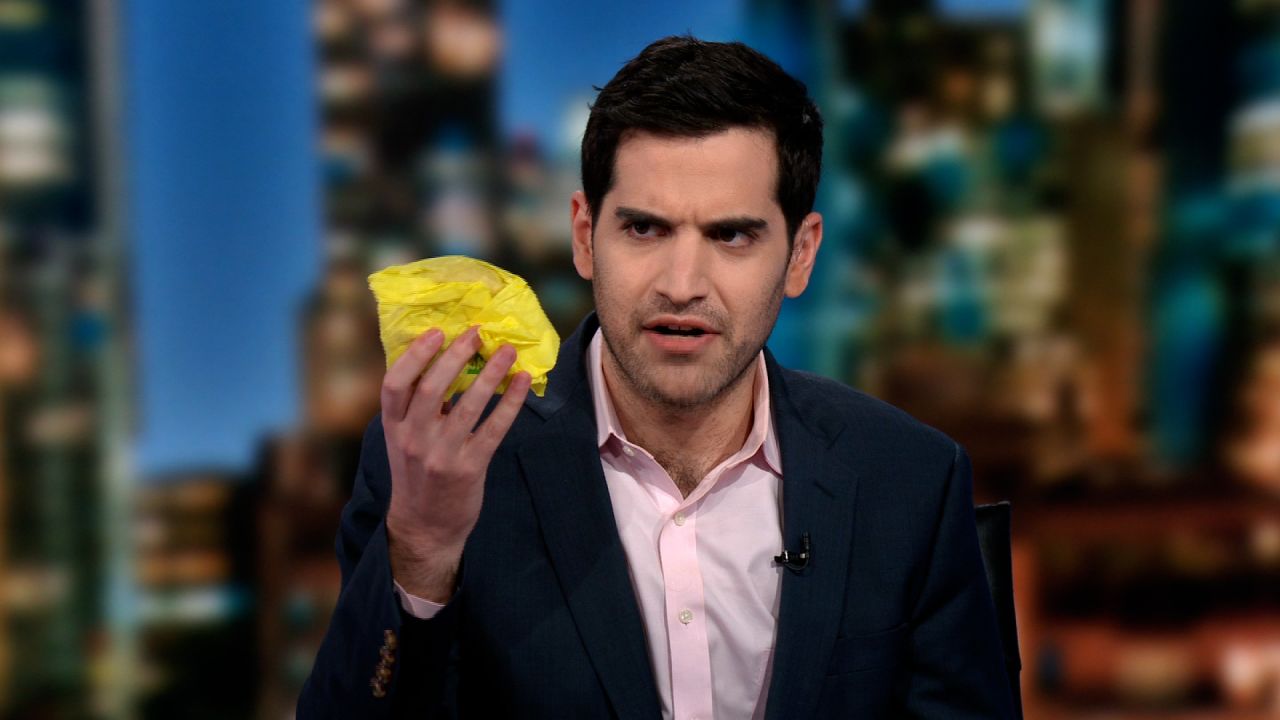FTX founder Sam Bankman-Fried will have his criminal trial split into two separate proceedings, a judge ruled Thursday, granting a request from prosecutors who worried that five of the 13 charges could be held up by a Bahamian court’s review.
The move is a small win for Bankman-Fried, who was initially charged with eight federal counts of fraud and conspiracy when he was extradited from the Bahamas in December. Following his return to US shores, federal prosecutors tacked on five more charges. He has pleaded not guilty to all of them.
Bankman-Fried’s attorneys have challenged the legality of the five newer charges on the grounds that they weren’t part of the original extradition deal from the Bahamas, where FTX was based. A Bahamian court said it would review the challenge.
Still, the original eight charges are among the most serious against Bankman-Fried. Prosecutors allege that Bankman-Fried, 31, orchestrated a yearslong scheme involving securities fraud, campaign finance violations and money laundering. If convicted on those eight charges alone, he could face more than 100 years in prison.
Bankman-Fried’s crypto platform, FTX, collapsed into bankruptcy in November after customers and investors fled over concerns about its solvency. FTX and its co-founder soon became the center of a massive federal investigation that prosecutors have described as one of the biggest financial frauds in US history.
At least three former FTX employees have pleaded guilty to similar charges and are cooperating with prosecutors.
On Thursday, US prosecutors said that it wasn’t clear how long the Bahamian court’s review would take, and they proposed that the judge “sever” the five charges from the case, effectively punting them to a later date.
Prosecutor Thane Rehn said he believed the newer charges would stand legally, but the US wanted to honor its diplomacy with the Bahamas while avoiding any potential delay for Bankman-Fried’s trial, which is scheduled for October 2.
Judge Lewis Kaplan agreed and set a second trial date for March 11, 2024.
—CNN’s Lauren DelValle and Allison Morrow contributed to this article.

























